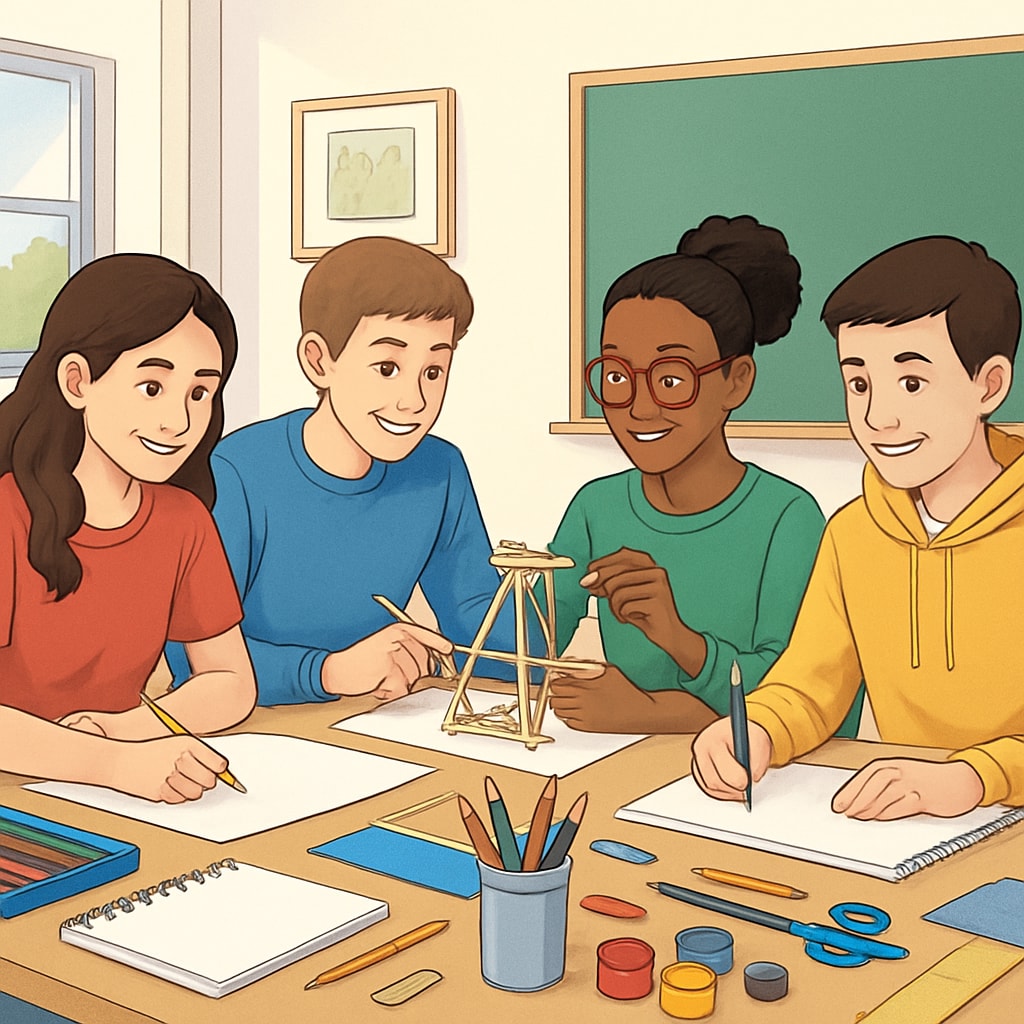Teenagers often face unique challenges that can affect their learning motivation and lifestyle choices. When a lack of motivation combines with unhealthy habits, parents and educators may feel helpless. However, addressing these issues through “teen education, learning motivation, family support” can lead to remarkable improvements in their academic performance and overall well-being. This article outlines practical steps to help teens regain their enthusiasm for learning and adopt healthier habits.
Understanding the Root Causes: Why Teens Lose Motivation
Before addressing the issues, it’s essential to understand the underlying causes of a teenager’s lack of motivation and unhealthy lifestyle. Common factors include stress, peer pressure, inadequate sleep, poor diet, and unresolved emotional challenges. Additionally, teens can lose interest in learning if they feel disconnected from the material or perceive a lack of relevance in their studies.
Identifying these root causes is the first step toward crafting effective strategies for improvement. Open communication and observation are crucial in this process.

Creating a Positive Family Environment to Foster Growth
The family plays a vital role in shaping a teen’s mindset and habits. A supportive and encouraging home environment can reignite their drive for learning and healthier living. Here are some actionable steps:
- Set clear expectations: Outline achievable goals for academics and health to provide structure.
- Encourage open communication: Listen to their concerns and show understanding without judgment.
- Model healthy behavior: Demonstrate good habits like regular exercise, balanced eating, and a positive approach to challenges.
- Celebrate progress: Recognize and reward small achievements to build confidence.
By fostering a positive atmosphere, teens are more likely to feel valued and motivated to improve themselves.
Guiding Teens to Rediscover Their Interests
Many teenagers lose enthusiasm for learning because they don’t see the relevance or connection to their personal interests. To combat this, parents and educators can help teens align their passions with education:
- Explore hobbies: Encourage activities like art, sports, or coding to make learning enjoyable.
- Connect studies to real-world applications: For example, show how math is used in designing video games or how science relates to environmental issues.
- Incorporate technology: Use platforms like Khan Academy or Duolingo to make learning interactive and fun.
Helping teens discover the relevance of education to their goals can rekindle their curiosity and drive.

Promoting Healthy Habits for Better Focus
Unhealthy habits such as poor nutrition, lack of sleep, and minimal physical activity directly affect a teen’s ability to focus and learn. Addressing these issues requires consistent effort:
- Encourage balanced meals: Introduce nutrient-rich foods like fruits, vegetables, and lean proteins.
- Promote regular exercise: Suggest activities like yoga, running, or team sports to reduce stress and boost energy.
- Prioritize sleep: Establish a bedtime routine to ensure teens get 8–10 hours of sleep daily.
- Limit screen time: Encourage breaks from devices to improve mental clarity and reduce fatigue.
As a result, teens will have higher energy levels and better focus, which contributes to improved academic performance.
Collaborating with Educators and Professionals
Sometimes, external support is necessary to address deeper issues. Counselors, psychologists, and educators play critical roles in guiding teens toward a healthier lifestyle and greater learning motivation. Schools can implement programs that focus on emotional well-being and personalized learning plans to cater to diverse needs.
Parents can also seek advice from professionals or enroll their teens in workshops designed to build resilience, self-discipline, and interests.
By working together, families and educators can provide a robust support system for teenagers.
Conclusion: Helping teens rediscover their learning motivation and adopt healthier habits is achievable through positive family influence, interest-driven strategies, and consistent health management. With patience and persistence, parents and educators can inspire teens to embrace a fulfilling and productive lifestyle.


